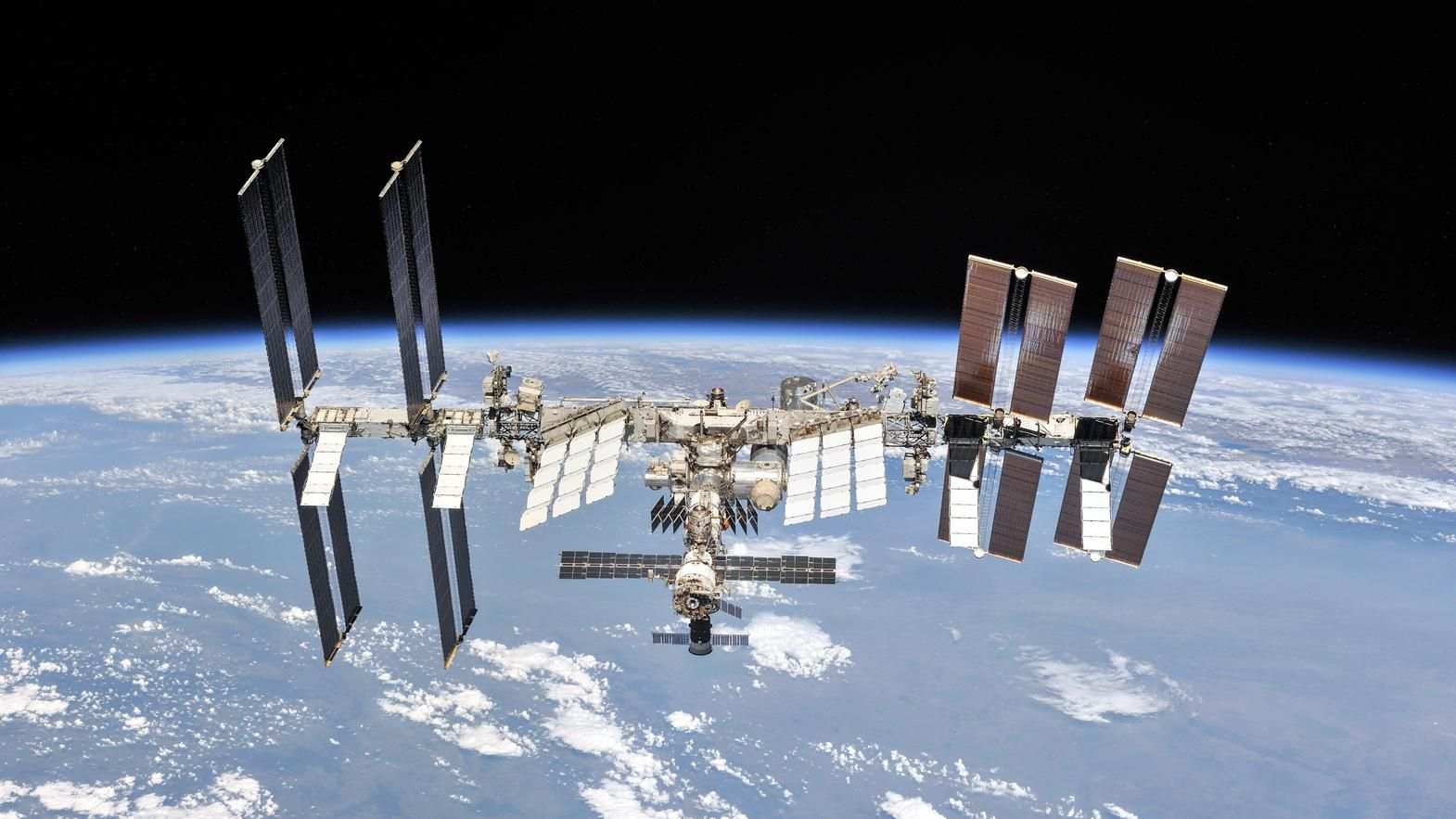Blue Origin, the space corporation controlled by Jeff Bezos, the creator of Amazon, is collaborating with other companies to construct a space station in low-Earth orbit, according to the company. Earlier this week, the organisation disclosed its ambitions, showing the newest proposal for a privately constructed orbiting station that could either replace or supplement the International Space Station.
In response to NASA’s search for a successor for the 20-year-old, $100 billion laboratory in orbit, which is beginning to show signs of wear, a flurry of commercial space station bids have poured in. It is unknown if any of the low-Earth orbit designs will be ready to house people by the time financing for the International Space Station expires in 2030, and this is dependent on great part on the amount of funds NASA is able to get from the United States Congress. The agency plans to allocate up to $400 million to private space companies to kick-start construction, with the goal of eventually partnering with private operators in the same way that it currently relies on companies like Elon Musk’s SpaceX to transport cargo and astronauts to and from the International Space Station.
It is only in digital animations and drawings that Blue Origin and its partners have presented their plan, which they claim might be completed by the end of the decade. Blue Origin and its partners have named it Orbital Reef. It will face competition from the very real Tiangong station, which China hopes to complete by the end of next year, as well as from other planned private outposts in the region. Lockheed Martin and Nanoracks, a company that allows research on the International Space Station, revealed their own space station, named Starlab, last week. In addition, Axiom Space, another contender, has been given the green light to launch the first stages of a free-flying outpost that will first connect to the International Space Station (ISS).
Despite the fact that Mr. Bezos has committed to spending $1 billion per year of his fortune on Blue Origin, the Orbital Reef project is expected to receive substantial financial support from him. Mr. Bezos has stated that his ultimate goal is to create the conditions for millions of people to live and work in space. Clients have been taken on brief, up-and-down tourist flights to the edge of space by the firm, which was established in 2000. However, it has not yet fulfilled other objectives, such as the construction of an orbital rocket or the awarding of a NASA contract to build a lunar lander for humans on the moon.
Sierra Space, which has been developing its own space station concept for years, and Boeing, the aerospace giant that has constructed and operated American components of the International Space Station (I.S.S.) for NASA, are two of the project’s key partners.
Brent Sherwood, a Blue Origin vice president, told reporters from a space conference in Dubai that their proposed space station will “generate new discoveries, new products, new forms of entertainment, and a global awareness of Earth’s fragility and interconnectedness.” Blue Origin is developing a space station to orbit the Earth. The station’s most fundamental architecture is similar to that of the existing space station, with around 90 percent of the internal volume and the ability to accommodate up to ten people (the I.S.S. typically houses seven, but has been home to as many as 13 at once).
Sierra Space will provide its LIFE habitat, which is an inflatable module that launches into orbit in a compressed state and then expands in space to create a marshmallow-shaped pod with robust fabric walls to house astronauts. In addition, the company’s Dream Chaser space vehicle might be used to transport personnel to and from the station. Visitors to the Orbital Reef are also anticipated to be transported there by Boeing’s Starliner capsule, an astronaut taxi that has been plagued by a slew of technical problems.
Few private enterprises seem to be financially capable of completing the building of a space station, which is a monumental undertaking that has only been accomplished by governments, who have traditionally been driven more by international relations than by profit. In order to earn cash from rich visitors as well as academic and corporate researchers, the planned stations, including Orbital Reef, seek to attract as many as possible. However, according to executives, detailed indicators on that demand remain ambiguous.
Other customers for the station will include government space agencies, which will be another source of revenue. The Orbital Reef team has already begun discussions with representatives from other nations, according to Janet Kavandi, Sierra Space’s president and a former astronaut, who spoke about the United Arab Emirates’ space programme in an interview.

